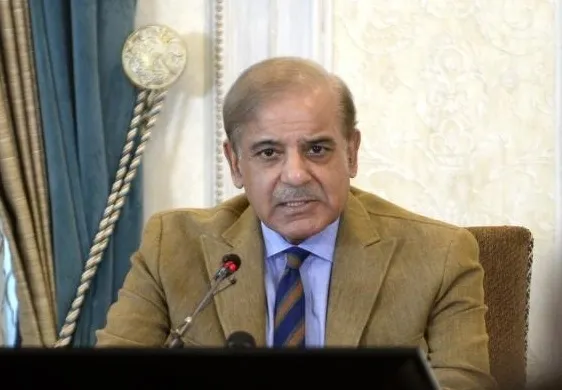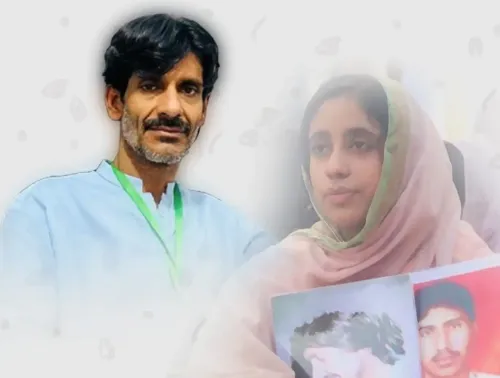Pakistani PM Commits to Dynamic Digital Investment Framework

Synopsis
Key Takeaways
- Commitment to digital investment growth
- Initiatives to enhance digital FDI
- Focus on digital infrastructure and services
- Establishment of a National Digital Commission
- Partnership in the Digital Cooperation Organization
Islamabad, Jan 19 (NationPress) The Prime Minister of Pakistan, Shehbaz Sharif, has committed to developing a dynamic digital investment framework, in line with a global movement aimed at boosting digital foreign direct investment (FDI) in the nation.
The Prime Minister made this announcement on Saturday, emphasizing Pakistan's progress in digital transformation, which he stated is enhancing revenue, expanding the workforce, and increasing exports, as reported by Xinhua news agency.
"We reaffirm our unwavering dedication to nurturing a flourishing digital investment ecosystem, paving the way for digital prosperity for everyone," he remarked.
The World Economic Forum and the Digital Cooperation Organization initiated the Digital Foreign Direct Investment Initiative in 2022 during a conference in Davos, Switzerland, to facilitate international digital investment, particularly in developing markets.
According to the forum, "Pakistan's Digital FDI-Enabling project is leading initiatives to stimulate digital growth through focused measures," stating that the project revolves around four key areas: digital infrastructure, digital adoption, new digital activities, and digital services exports.
The forum detailed specific actions undertaken by Pakistan in crucial growth sectors, meticulously aligned with the country's socioeconomic realities, regulatory environment, and the evolving digital framework.
Last year, Pakistan’s State Minister for Information Technology (IT), Shaza Fatima Khawaja, announced plans to establish a National Digital Commission to facilitate the digitization of its economy and governance.
This commission aims to enhance governance and improve tax collection efficiency while ensuring smoother inter-ministerial collaboration, according to Khawaja.
In recent years, Pakistan has faced significant economic challenges and has undertaken extensive reforms to rejuvenate its $350 billion economy.
Khawaja stated that paperless governance is essential for accelerating government processes and that the commission would help eliminate procedural hurdles.
Pakistan is a participant in the 16-member DCO, recognized as the world's first standalone international intergovernmental organization focused on promoting the growth of a sustainable, inclusive digital economy.
Other member nations, established in November 2020, include Bahrain, Bangladesh, Cyprus, Djibouti, Gambia, Ghana, Greece, Jordan, Kuwait, Morocco, Nigeria, Oman, Qatar, Rwanda, and Saudi Arabia, collectively representing nearly $3.5 trillion in GDP and a demographic of nearly 800 million, over 70% of whom are under the age of 35.










